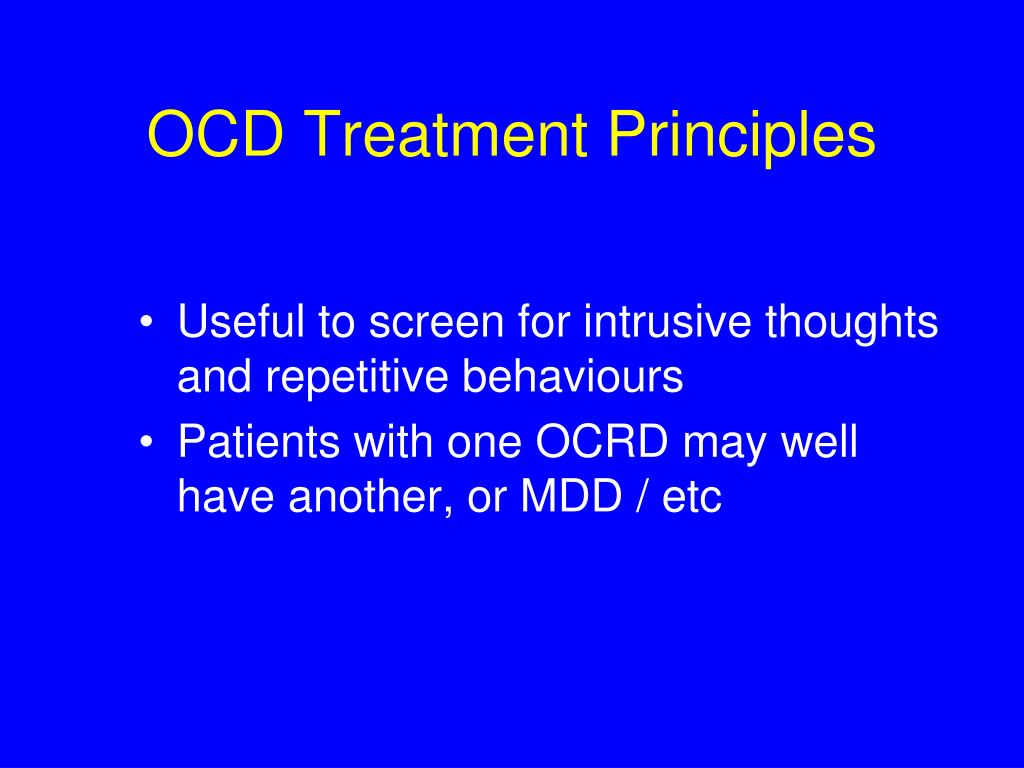Living with Obsessive-Compulsive Disorder (OCD) can be an overwhelming and isolating experience. The intrusive thoughts, excessive worries, and rigid rituals can consume a person’s daily life, hindering their ability to fully embrace freedom and enjoy the world around them. However, effective treatments for OCD offer hope and a path towards reclaiming one’s life. In this article, we will explore various forms of OCD treatment that can help individuals, particularly teenagers, unlock their freedom from the chains of this disorder. From teen rehab programs to addiction recovery services tailored specifically for adolescents, there are resources available to support teenagers on their journey towards a healthier, more fulfilling life. Join us as we delve into the world of OCD treatment, shedding light on effective interventions that pave the way for lasting recovery.
Types of OCD Treatment
OCD treatment usually involves a combination of therapy and medication to effectively manage the symptoms and help individuals regain control over their lives. The most commonly used types of OCD treatment include cognitive-behavioral therapy (CBT), medication, and exposure and response prevention (ERP) therapy.
CBT is a well-established therapy that focuses on identifying and challenging the thoughts and beliefs that contribute to OCD symptoms. Through CBT, individuals learn healthier ways of thinking and responding to their obsessions and compulsions. This type of therapy can be done individually or in group settings and has been found to be highly effective in treating OCD.
Medication, such as selective serotonin reuptake inhibitors (SSRIs), is often prescribed alongside therapy. SSRIs help regulate serotonin levels in the brain, which can help reduce anxiety and obsessive thoughts. While medication alone is not typically sufficient for treating OCD, it can be a valuable component of an overall treatment plan.
Exposure and response prevention (ERP) therapy is another widely used approach in OCD treatment. It involves gradually exposing individuals to situations or triggers that provoke their obsessive thoughts while preventing the accompanying compulsion. Over time, this helps individuals learn to tolerate the anxiety triggered by their obsessions without engaging in their usual compulsive behaviors.
By combining these different types of OCD treatment, individuals can develop effective strategies for managing their symptoms and working towards a healthier, more fulfilling life. It is important to consult with a mental health professional to determine the most suitable treatment approach for each person’s unique needs.
Teen Rehab Programs
Many teenagers struggling with OCD often find solace and support in specialized teen rehab programs. These programs are specifically designed to cater to the unique needs and challenges that adolescents with OCD face. By providing a safe and nurturing environment, these rehab programs empower teenagers to overcome their compulsions and regain control over their lives.
In teen rehab programs, trained professionals work closely with teenagers to develop personalized treatment plans. These plans typically include a combination of therapy, medication, and various holistic approaches. By tailoring the treatment to each individual, these programs ensure that teenagers receive the most effective care possible.
One of the key advantages of teen rehab programs is the opportunity for teenagers to connect with peers who are also going through similar challenges. This sense of community and understanding can be immensely valuable in the recovery journey. Through group therapy sessions and support networks, teenagers can share their experiences, learn from one another, and form lasting friendships.
Additionally, teen rehab programs often provide comprehensive addiction recovery services for teenagers who may also be struggling with substance abuse issues alongside their OCD. By addressing both conditions simultaneously, these programs offer holistic and integrated care, setting teenagers on the path to sustainable recovery.

In summary, teen rehab programs provide a nurturing and supportive environment for teenagers with OCD. Through personalized treatment plans, peer support, and comprehensive care, these programs unlock the potential for freedom from OCD and offer a brighter future for adolescents struggling with this condition.
Addiction Recovery for Teenagers
OCD treatment can be especially challenging for teenagers, as they may also be dealing with substance abuse or addiction issues. Teenagers struggling with OCD and addiction require specialized care and support to achieve an effective recovery. Teen rehab centers play a crucial role in addressing the unique needs of this demographic.
-
Comprehensive Treatment Approach: Rehab for teens with OCD and addiction aims at providing a comprehensive treatment approach. This involves addressing both the underlying causes of OCD as well as the addiction itself. A combination of therapy modalities, including cognitive-behavioral therapy (CBT) and addiction counseling, is often employed to help teenagers develop healthier coping mechanisms and break free from destructive behavioral patterns.
-
Dual Diagnosis Treatment: Addiction recovery for teenagers with OCD often involves a dual diagnosis treatment approach. This means that both the OCD and the addiction are treated simultaneously as co-occurring disorders. Recognizing the interplay between these conditions allows for more effective treatment planning and helps ensure long-term recovery success.
-
Supportive Environment: Rehab centers for teenagers with OCD and addiction strive to create a supportive environment that caters to their unique developmental needs. These treatment facilities provide a structured and nurturing atmosphere where teenagers can receive individualized care, learn from their peers, and participate in group therapy sessions. This supportive environment fosters personal growth and empowers teenagers to embrace their recovery journey.
By emphasizing the importance of addiction recovery for teenagers with OCD, we can help break the cycle of OCD and addiction, setting them on a path towards freedom.




